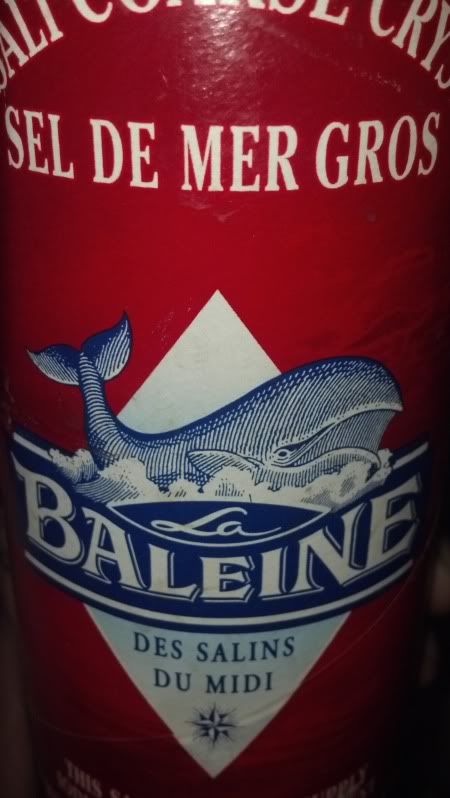Do you like to calibrate your refractometer with RO/DI water?
This article should convince you otherwise.
Would you like to DIY your own calibration fluid?
This article makes it easy.
I've been making my own calibration fluid for the past couple years...and have a couple notes on the DIY article above.

This article should convince you otherwise.
Would you like to DIY your own calibration fluid?
This article makes it easy.
I've been making my own calibration fluid for the past couple years...and have a couple notes on the DIY article above.
- Whether you attempt the DIY instructions by volume or by weight...in either case it's unlikely that your solution will be spot on. You have a few options to remedy this:
- Option 1: Make 3 small batches, measure the salinity. If the salinity of each sample is close (.002-.003), mix them all together and you should be close enough.
- Option 2: Make 3 small batches, measure the salinity. If 2 samples are within range and one is way off...toss that one and mix the other two. Again, you should be close enough. If all 3 batches vary by more than .003 (eg you measure 1.021, 1.025, and 1.029), try again and be more discerning with your measurements.
- Option 3: Make a batch, and test it against commercially available calibration fluid. Borrow some from a friend, stop in at your LFS...whatever works. If you do plan on just making 1 batch, I'd recommend you bring your refractometer to your LFS, kindly ask them to calibrate your instrument, then bring it home and try to get your DIY solution to match. The nice thing about this method: if you use a calibrated refractomer and mix your own fluid...you can just test your batch and label it with it's known value. You don't have to make your fluid at 1.026...1.024 and 1.025 work just as well since that is within your target range (for a reef anyway).
- Personally...I make 3 batches, make sure they all are within .003, mix them together, then test against commercially available fluid to make sure that my measurement is correct.
- *When I say small batches...keep in mind that the larger the batch you make, the less likely that your resulting calibration fluid will deviate from the expected value. I usually make 3x 1 liter solutions (1000ml)
- Store your fluid in a respectable container. Pee cups won't cut it...you will get evaporation, and the calibration fluid's actual salinity will slowly rise. After about 8 months I saw my calibration fluid rise by .003 when stored in a pee cup. The rate that your fluid "goes bad" will depend on the temp and humidity where you stored it...mine was in a dark cool cabinet and still fluctuated in the pee cup. I purchased a bulk order of 10ml eye droppers on ebay...but you can find similar containers at the dollar store.
- The article recommends using regular iodized Morton table salt. Table salts contain anti-caking agents which, although soluble in water...still leave me paranoid. It shouldn't effect the refractive index, and they are supposed to be soluble...but I attempted to make the solution with table salt on 2 occasions, and both times I ended up with sediment that precipitated out of the solution after a couple months. Instead I used natural sea salt that's free of anti-caking agents. It's cheap enough, and I keep it in my house for other uses anyway...looks like this:

Last edited by a moderator:
